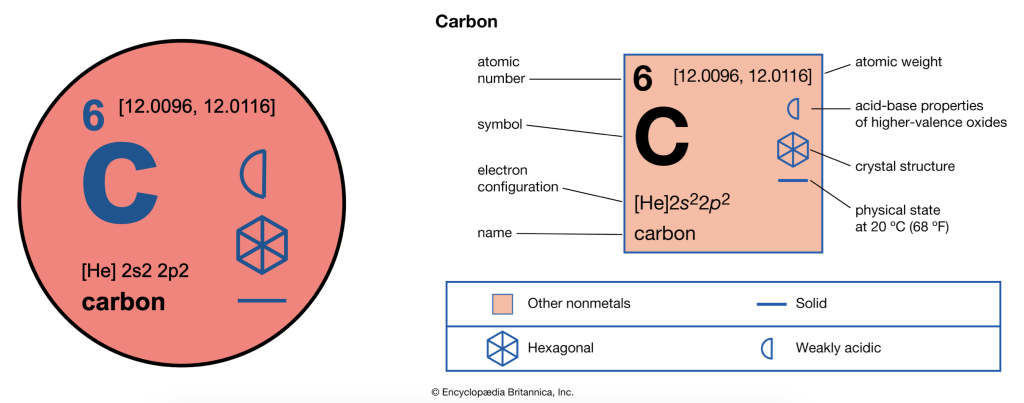A unified approach to carbon disclosure
Demanding carbon disclosure in the goods and services we buy will drive change. When consumers, businesses, and governments all create demand for this information, it will enable better transparency and accountability.
The Carbon Atom

The symbiotic relationship between humans and plants as we breath, consuming oxygen and producing carbon dioxide. Plants consume carbon dioxide and produce oxygen.
We can mimic this mutually reinforcing relationship in our economy.
There is simplicity and equity in counting carbon and not pricing it. Being almost omnipresent and yet largely excluded from consideration in price, any person, any place, any time can have agency to accelerate positive change and ‘own’ the the information our economy depends upon.
Enabling carbon to be counted in any transaction better reflects value and the real liabilities that are passed on to consumers.

How we spend our money is a reflection of our values, but today our values are not reflected in what we buy.
As citizen consumers we have a perception of choice that its propagated by businesses. The choices we are offered favor the producer of goods and services. The price does not consider social or environmental implications.
The liability for these externalities is passed on to consumers at the point of transaction. We have little choice in this under this economic model.
We can change this. #yeswecan
Why Carbon
- Those with least have least and those with most have most.
- We are carbon based life on a carbon constrained planet benefiting from a carbon based economy.
- Life and lifelessness can be differentiated by the presence and absence of carbon like the natural and artificial.
- As humans have an inexact carbon footprint, so can any other species for the purpose of determining impact.
- Carbon is a common denominator of life on Earth and also Green House Gasses.
- Carbon is the principal component of fossil fuels, is used in industry applications, is the principle organic molecule for chemicals, is used in trading and equivalents, in energy rating and as credits, in weight and in place over time.
- Carbon can be measured with many properties, related to other elements and equivalents calculated.
- Carbon provides a universally coherent metric to measure the passage, loss and content of energy and material in the goods and services we buy, use and consume.
- Carbon represents a constant in today’s economy through the energy and material lifecycle.
- Counting carbon bridges a gap between theory and action.
- Carbon reporting tools, standards, definitions and metrics already exist and are widely in use, globally.
- Capability and demand for accurate reporting is growing.
- Carbon as a second metric in transactions ensures that procurement choices are better informed bringing coherence to the choices we make.
- Counting carbon leverages existing momentum and builds capability and incentive to innovate.
- Governments across the world are regulating carbon disclosure to meet our Paris commitments.
- Governments are the largest consumer entities representing towards 50% of GDP.
- Major businesses have committed, or are mandated to reporting carbon and require a common language to reduce risk in trade and exchange through unknown liabilities.
- A common metric that does not influence price is necessary to drive orderly and equitable change at greater pace and scale.
- Carbon shares similarities with money: it is abundant, universally applicable, measurable, and distributed globally.
- Carbon and money are quantifiable but unlike money, carbon is also qualifiable, differentiating cost from mere price.
- Carbon represents a universally coherent ‘information metric’ or an ‘omnipresent element’ that can be measured both in quantity and quality providing line of sight in the passage of energy and material from which much more value can be generated.
- Information data, measured in carbon and equivalents, reflects latent energy and material value and represents unparalleled growth towards a circular, regenerative economy.
- The logic of measuring carbon lies in three aspects: life’s dependency on it, its similarities with money, and the existing commitment of governments and large businesses to measure it.
- Existing capability to count and account for carbon, combined with new incentives, can unlock lost and latent value across all transactions.
- The challenge is coherence across jurisdictions, sectors, cultures and places.
- Carbon provides simplicity in complexity.

